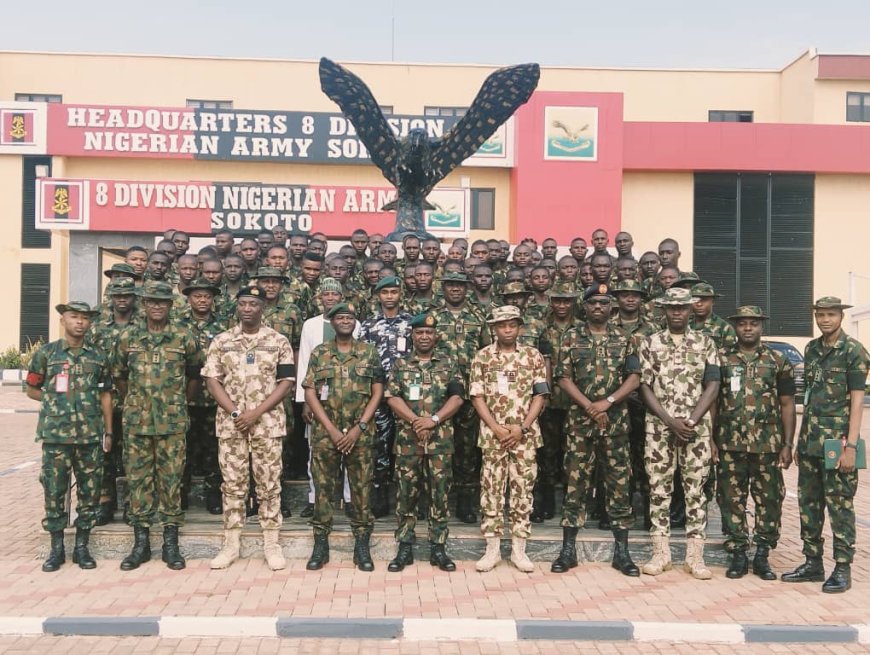Military holds mental health training for troops in combat zones

The Armed Forces of Nigeria has launched the 2025 First Bi-Annual Sensitisation Training on Stress Management, Post-Traumatic Stress Disorder, and Emotional Intelligence for troops deployed in active combat theatres.
The training, held on Friday at the 8 Division Auditorium in Sokoto, was targeted at officers and soldiers involved in Operation FANSAN YAMMA and other internal security operations across the country.
Speaking at the opening ceremony, the Chief of Defence Staff, General Christopher Musa, reaffirmed the military’s commitment to the mental health of its personnel, noting that troops not only confront physical threats but also endure deep emotional and psychological strain in the line of duty.
Speaking through the Director of Innovation and Concept Development, Defence Headquarters, Major General Warrah Idris, the CDS emphasised that managing mental health is as crucial as physical preparedness in modern warfare.
Our troops are exposed to invisible wounds, stress, trauma, and emotional fatigue that can linger long after combat.
“This training is a strategic step toward equipping them with the skills to manage these realities,” Musa stated.
He called for emotional resilience to be embedded in military training and for mental health support systems to be integrated into operational routines across all commands.
Also speaking at the event, the General Officer Commanding 8 Division and Commander Sector, Operation FANSAN YAMMA, Major General Ibikunle Ajose, represented by Chief of Staff, Brigadier General Abubakar Suru, commended the initiative as timely and essential.
“This training provides our personnel with the tools to identify signs of PTSD, develop coping mechanisms, and strengthen emotional intelligence, all of which are crucial for mission effectiveness and overall well-being,” he said.
He further commended the CDS for his visionary leadership in championing troop welfare and for ensuring that issues of mental health are given prominence within the military hierarchy.
The training brought together military psychologists, mental health experts, and personnel from various formations to share practical knowledge, build peer support, and promote a culture of psychological preparedness.

 admin
admin 


